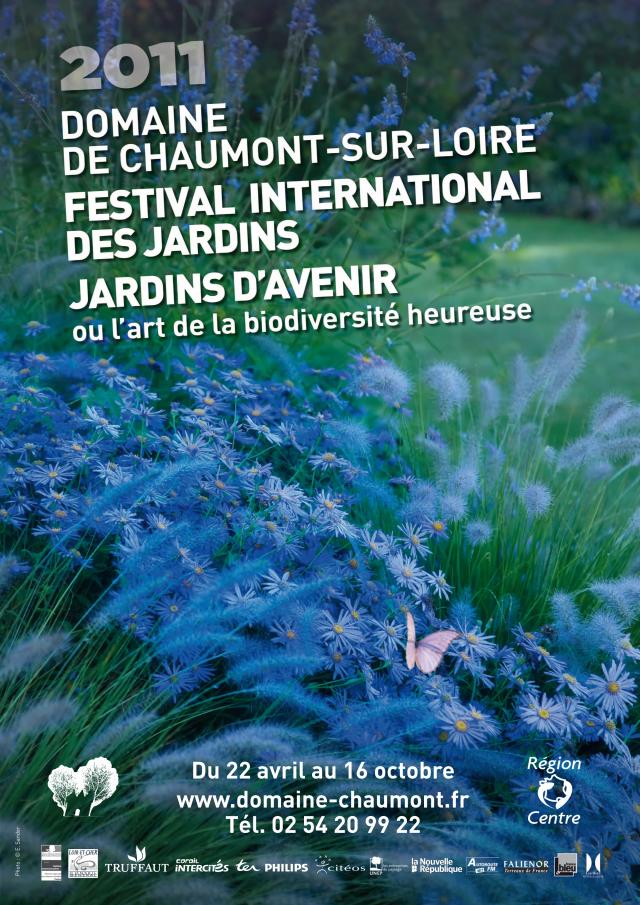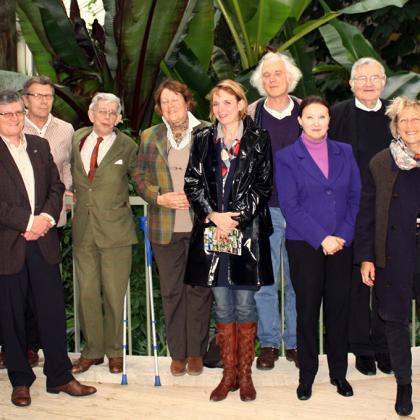2011 edition
Gardens of the future or the art of happy biodiversity
22 APRIL - 16 OCTOBER 2011
It is biodiversity that gives us the pleasure of discovery, the beauty of landscapes, the meeting of languages and the richness of exchanges. It makes the world a delight and fosters the possibility of a shared world arising out of our differences. The garden is both a source and an end in itself, the expression of nature in its original form, of transformation and organisation, of utility and pleasure, and thus all on its own brings together all the richness of the world, everything nature gives us and all that knowledge and history have brought in terms of transformations, organisation and rites, creativity and expression over the centuries. The garden is a celebration of the diversity of people and nature, of living species, of their coexistence and of the necessary balance between them.
Nowadays, this balance is under threat. People have drawn on natural resources as if they were taking them from a bottomless well, without any concern for their conservation and their uniqueness. The ever-increasing speed at which species are being lost is jeopardising biodiversity and the multiplicity of nature’s life forces
Going beyond botany and plants, the garden tends to become a small ecosystem. Flowers, plants, herbs, seeds and animal species have to find and magnify their differences there, live together in a profusion that blends both the time of their origin and the time of invention, wildness and transformation. Let us demonstrate this infinite richness, this abundance, let us highlight the virtues, the potentials and the fruitful surprises of extreme diversity, let us encourage the public to respect and celebrate nature, let us make people aware of the assets and benefits of biodiversity. And if the garden cannot save the world all on its own, it will be able to offer more opportunities for this biodiversity, take it in new directions to other welcoming places and spread botanical knowledge. Naming plants and seeds, reflecting on how to conserve and preserve them, as well as increasing their numbers, all this already means giving life to them.
The 2011 Garden Festival will offer the chance to see and walk through gardens that raise the alarm, gardens of the future, workshops for the (re) discovery and rebuilding of our diversity, living pictures of winning it back and active education about how to go about it and what it promises. Whilst keeping their magic, their beauty and their aesthetic power, its gardens will be powerful sources of concepts for the future, research and scientific and artistic innovation, offering new ideas, new materials, opening up new practices for tomorrow’s world, glorifying biodiversity and making the world a delight once more.
Le laboratoire

Sculptillonnages

Tu me manques

La transparence du ver

La bibliothèque du souvenir

L’envers du décor

Le Jardin Bijou
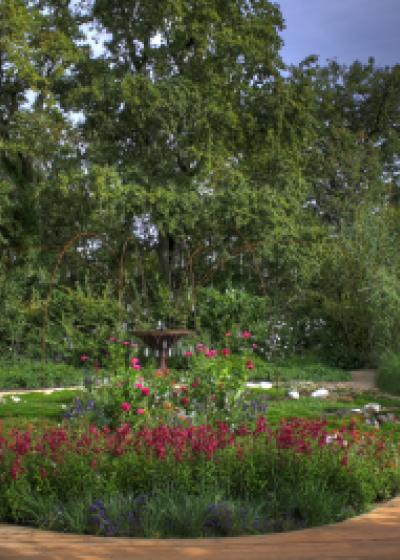
La sève à la croisée des chemins

La biodiversité en question

Le jardin pixélisé

Le jardin méditerranéen

Manier avec précaution
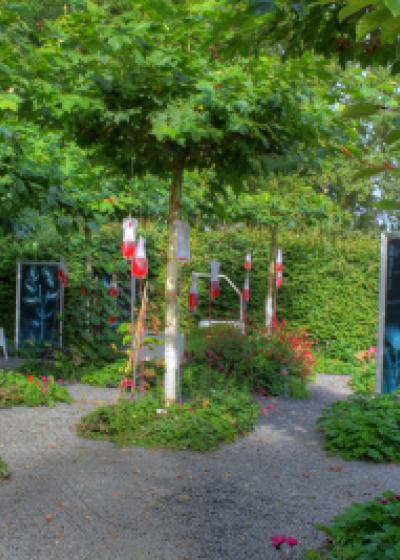
Le jardin des plantes disparues
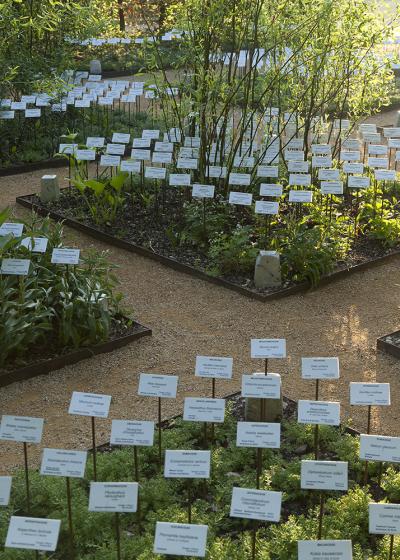
La nature des choses

Célébrons et tissons la (bio)diversité
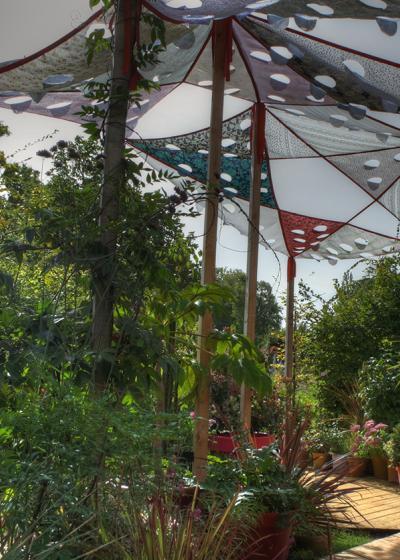
Entre ciel et terre
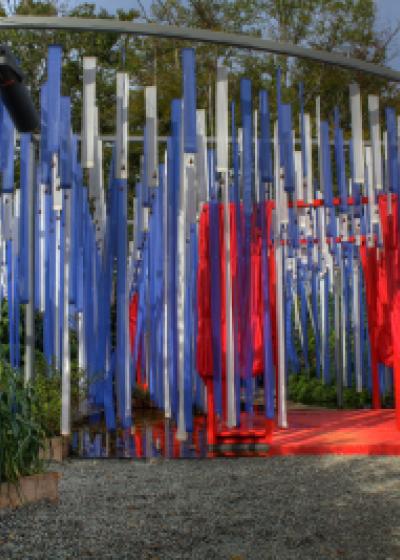
Lucy in the sky

Les bulbes fertiles

Le jardin à la rue

Le jardin de Madame Irma
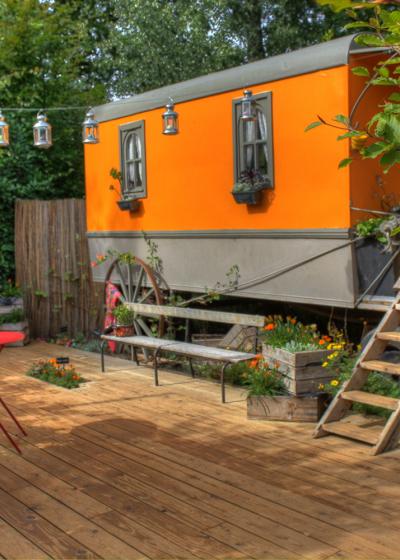
La biodiversité bleue

Le jardin à emporter
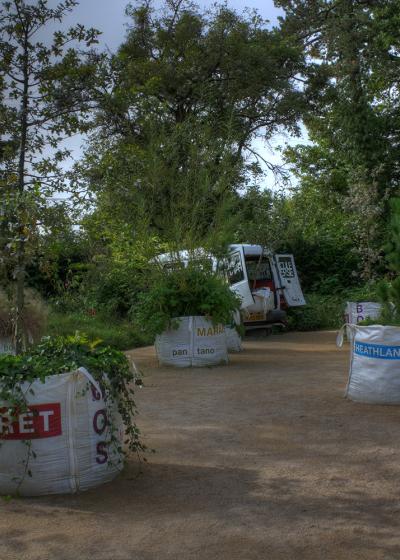
Le jardin des marées
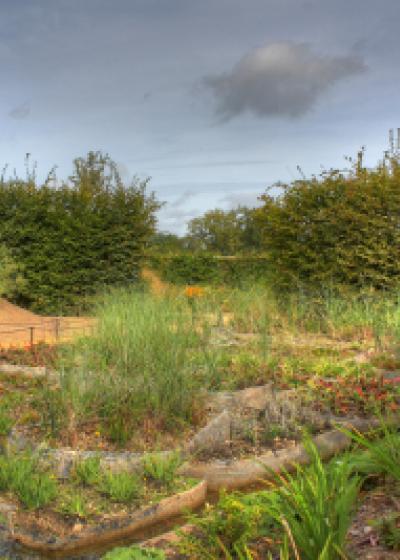
Graines d'espoir

Le pollen exubérant

La salle à manger

L'arbre-roi

